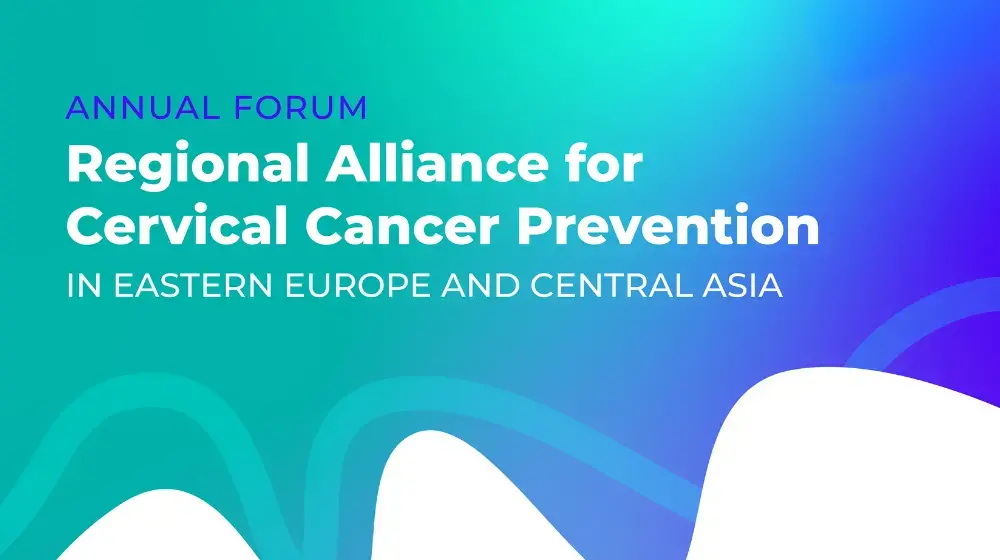SARAJEVO – Representatives from the ministries of health of countries in the Western Balkans gathered here on 15 September 2015 to discuss new ways to improve the quality of maternal, new-born and child health care in the region.
The topic was the subject of a three-day meeting organised by UNFPA’s Regional Office for Eastern Europe and Central Asia in co-operation with UNFPA’s Country Office in Bosnia and Herzegovina.
Countries in this region face common challenges in protecting the health of mothers and children. Though the maternal mortality rate in the Western Balkans is generally low compared to other regions, some risk factors associated with perinatal health are increasing in all Balkan countries.. There is also evidence that maternal deaths are under-reported through routine statistical systems, particularly where rates are very low and there is no systematic analysis of avoidable factors that lead to maternal death or disability that could be used to further improve the health system.
Even where resources are limited, most of these challenges can be met through basic and effective low-cost interventions. Such approaches are offered by UNFPA’s Beyond The Numbers (BtN) strategy, a component of its work to improve the quality of sexual and reproductive health care in the countries of Eastern Europe and Central Asia (EECA).
‘Enrolment of Western Balkan countries in the BtN initiative is an important step made on our regional roadmap, which aims to achieve results in a wider context of quality of care,’ said Tamar Khomasuridze, UNFPA’s Sexual and Reproductive Health Adviser for the EECA region. ‘National ownership, institutional capacity-building, and sustainability are the key criteria, agreed upon by the eight countries that have joined the initiative over the past 12 months.’
Good clinical governance may be used as an umbrella concept covering all activities that help sustain and improve high standards of patient care, said Doina Bologa, UNFPA’s Representative for Bosnia and Herzegovina, Country Director for Serbia and the former Yugoslav Republic of Macedonia, and Director for Kosovo. Clinical governance is a framework through which healthcare organisations are held accountable for continuously improving the quality of their services and safeguarding high standards of care by creating an environment in which excellence in clinical care will flourish.
The meeting in Sarajevo was attended by representatives of ministries of health, public health institutes, and health professionals from Bosnia and Herzegovina, Montenegro, Romania, Serbia, and the former Yugoslav Republic of Macedonia. It is expected to strengthen national commitment in the countries in the region to utilising resilient quality-of-care instruments with a focus on clinical guidelines and BtN-based audits as a tool for quality monitoring and timely detection of pregnancy-related risks to ensure safe motherhood.





